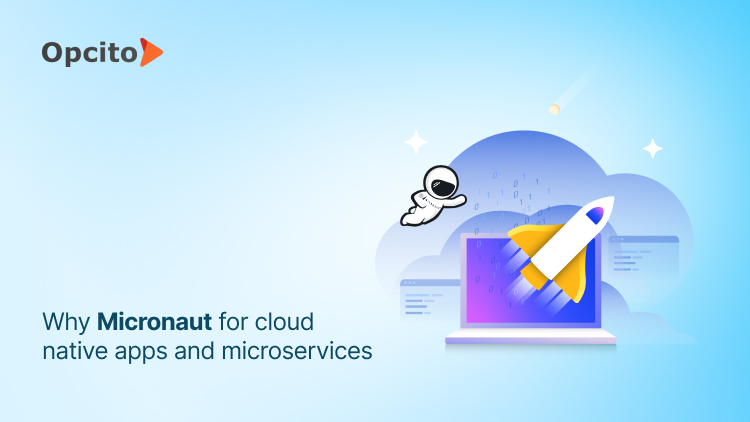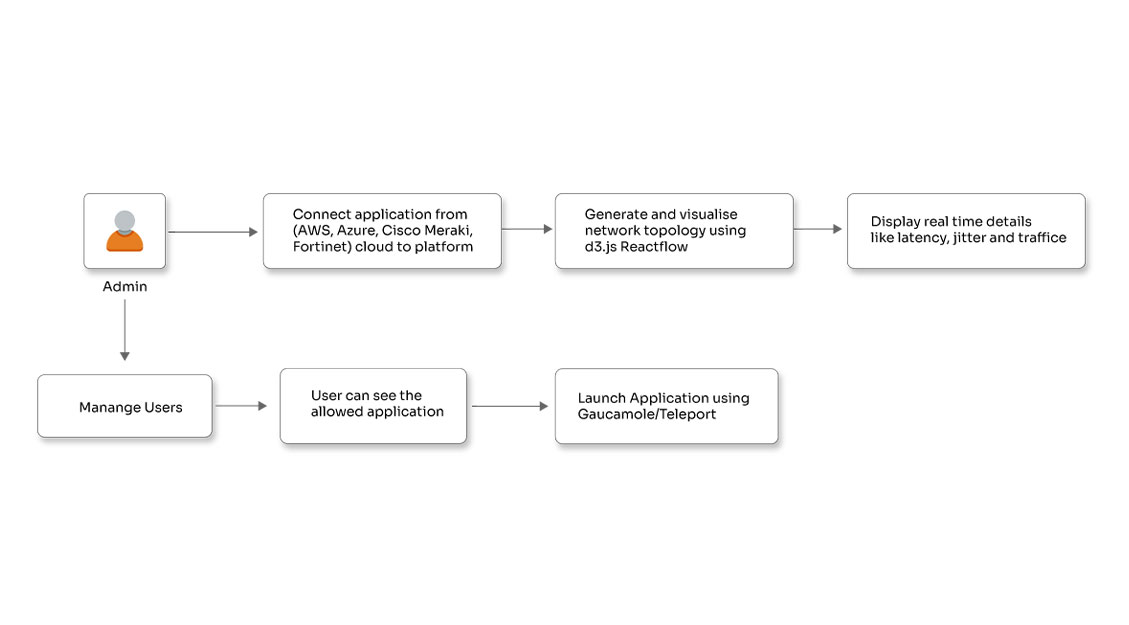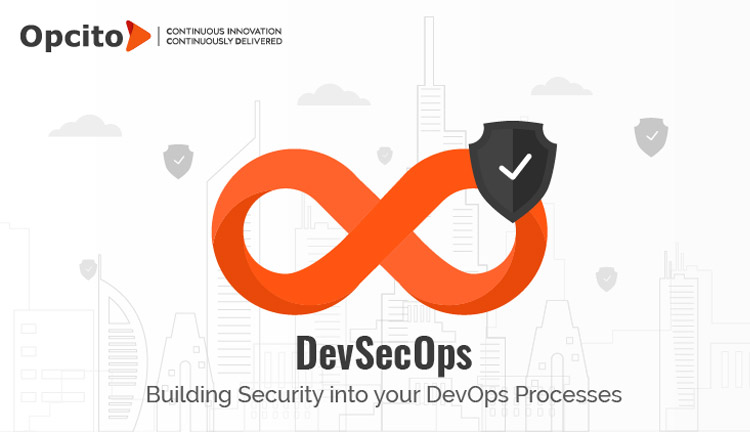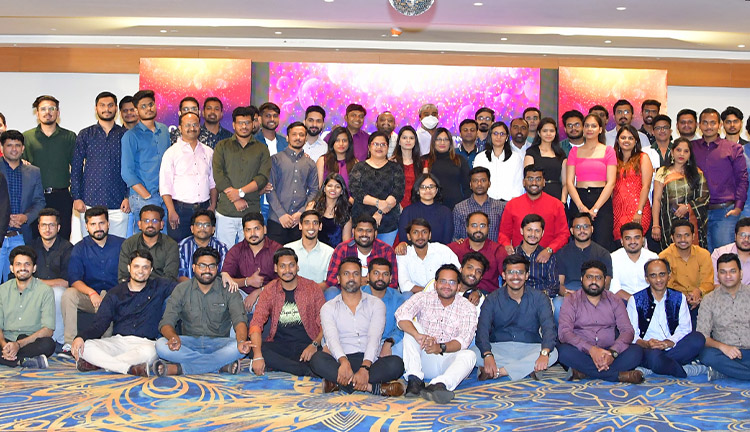Containers have redefined application development with its OS-level virtualization for faster, more reliable, consistent, efficient, and continuous delivery. Containers enable faster delivery because of the small size and all the application dependencies packaged together. Moreover, containers offer consistent runtime environments, application sandboxing, and low overhead, making them widely popular. Containers can run anywhere on Mac, Linux, or Windows; on virtual machines or bare metal; in-house or in data centers or on the cloud. And popular standard container images formats like Docker and OCI enhance the portability.
Containers are faster, portable, secure, efficient, and lighter on disks. And with Opcito's containerization services, you can embrace continuous delivery with container-native application development, migration, automation, orchestration, monitoring, and security to deploy and run distributed applications.
Efficient Application Containerization is an essential aspect of the performance of your business application.Our containerization services help businesses achieve faster deployment, scalability, and agility. We ensure the efficient packaging of software code with all its necessary components like libraries, frameworks, and other dependencies. We follow containerization best practices from packaging executable code that can create a container with secured container images to deploying and securing the containerized application. Our extensive expertise in containerization tools and technologies optimizes your application infrastructure for maximum efficiency and performance. Expect end-to-end containerization services, from assessment and planning to deployment and maintenance, ensuring your applications are containerized securely, efficiently, and cost-effectively.
APPLICATIONS
Containers are highly portable, and you can move applications from one environment to another without having to rebuild them to suit the new environment. Since containers don't depend on the host OS, they can run uniformly and consistently across infrastructures.
Higher efficiency through containerization is derived in two ways: minimizing overhead costs and using available resources. The time taken to startup containers is low, enabling developers to run multiple containers simultaneously as a single virtual machine.
Containers can be created and deployed to any environment extremely quickly to help solve many DevOps challenges. Since they are user-friendly and universal, engineers can integrate them into existing DevOps environments.
Containers operate independently. One container's failure can be isolated from the others to ensure the continuity of applications. Large applications can be broken down into smaller compartments, helping engineering teams identify and fix bugs quickly while sticking to timelines.
Containers run in their self-contained environment and are isolated from one another. In the unfortunate case of a security breach, only the compromised container becomes unsecure while the others remain secure.
Developers can efficiently operate containers wherever needed in virtual or bare-metal environments. This versatility allows them to meet the needs of sudden retooling environments.
Managing containers is extremely simple. Container orchestration platforms help automate, install, scale, and manage workloads. Management tasks like version rollout and monitoring can easily be handled with containers.
Containerization Services

Create, deploy, and scale application with reliable and rapid application delivery by leveraging OS-level virtualization method used to deploy and run distributed applications using leading containerization platforms and technologies such as Amazon Elastic Container Service, EKS, Azure Container Services ACS, Docker, Kubernetes and securing containerized applications with RBAC, service mesh implementation, Kubernetes hardening, container runtime protection, and container QA services.

Upload, organize, run, scale, manage and stop containers compute instances, leverage the load balancing and scheduling capabilities, quick deployment of container environments, and an excellent orchestration using leading orchestration platforms such as Kubernetes, OpenShift, Rancher Labs, Docker Swarm, Apache Mesos for responsive, secured and stable container environments.














